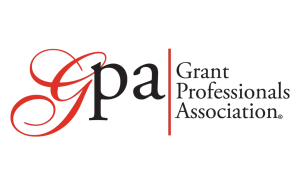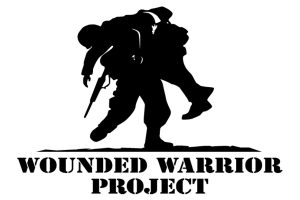There is widespread agreement that a proposal for a grant carries with it the aspirations and expectations of a lot of different people. The current shorthand is “stakeholders,” but sometimes they are referred to without thinking about who they really are. Here’s a glimpse at the universe of stakeholders in a hypothetical proposal to train adults so they can get jobs in a new tech sector.
The trainees obviously have a stake in the success of the proposal because their lives will be directly affected by the program. It’s likely that employers of these trainees have a stake in its success, too, since they’ll care about the quality and results of the training.
The foundation making the grant wants to see that its funds are creating the outcomes as proposed. Moreover, foundations have missions and this one cares about economic development in the community so the foundation has some skin in the game. Better-trained workers paid better by employers equals more money circulating in the local economy, so “the community” has a stake in this project.
Your nonprofit’s board, if it’s on its game, has a stake in the success not only of the proposal but in the program itself. The staff people who do the work want to know that good things happen from their training so they’re key stakeholders.
If your project (like thousands of similar programs) employs volunteers to help make it happen, those volunteers want outcomes they can feel good about — they’re stakeholders.
It’s likely that you’ll be buying and using goods and services from vendors, subcontractors, maybe consultants. They are affected by the program and hence by the proposal that seeks to get it funded.
In this hypothetical, the organization is training workers for an emerging technology. Governments and public policy leaders are very interested in new tech and consequently, they have a stake in the workforce, the career tracks, the outcomes of programs like yours. If it’s new tech, it likely has entrepreneurs and investors with big plans, all of whom care about the human resources that propel the rocket.
This hypothetical reaches for the stars. Your program might be more earth-bound, more local, more proscribed. But the challenge is the same: thinking through all of the people, interests and agendas that might be impacted by the outcomes of the program funded by the grant that was awarded because of the proposal. It’s fair to add that the proposal writer has a stake in these outcomes, too. © Copyright 2021 The Grantsmanship Center











